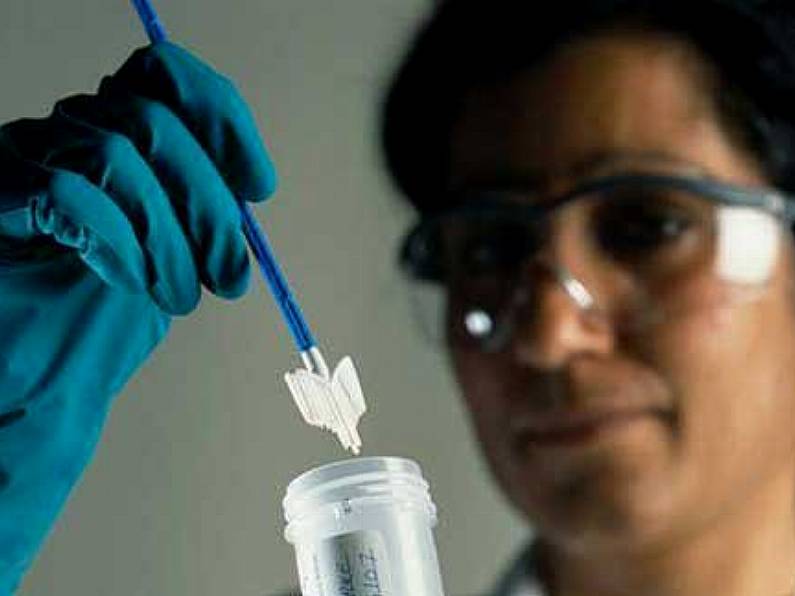A review of 1,000 women's CervicalCheck slides has found that in around 30% of cases, it recorded a different result to the original finding.
For 159 women, including 12 who have died, it means there were missed opportunities to prevent or diagnose their cancer earlier.
The UK Royal College of Obstetricians and Gynaecologists' report disagrees with the smear test results for 308 women with cancer.
It was ordered by the Government in May last year, after a series of scandals affecting CervicalCheck.
Lead Assessor, Professor Henry Kitchener, outlined some of the clinical failures.
He explained: "There were 106 cases where there was a failure to prevent the cancer - many of those failures to prevent applied to very early-stage disease.
"In 53 cases, there was a failure to prevent or diagnose at an earlier stage.
"Clearly the consequences for these women were not inconsiderable."
In the Dáil today, Taoiseach Leo Varadkar admitted he didn't handle the CervicalCheck controversy as well as he could have initially.
He told deputies: "I for one, looking back on it, didn't handle it in the way perhaps I should have and made some mistakes. I think Government did too, I think opposition did as well... and as Dr Scally pointed out in his report the media did too.
"I do hope on this occasion we will all handle it a little bit better than we did two years ago."
The Government asked the UK's Royal College of Obstetricians and Gynaecologists (RCOG) to examine more than 1,000 smear test results in the wake of last year's CervicalCheck scandal.
The review was aimed at trying to find out if there were any failures to prevent cancer or to intervene at an earlier stage.
Results were shared with the women involved ahead of today's publication of the review.
The women were told whether there was any failure to identify abnormal cells and if this meant cancer could have been diagnosed at an earlier stage.












